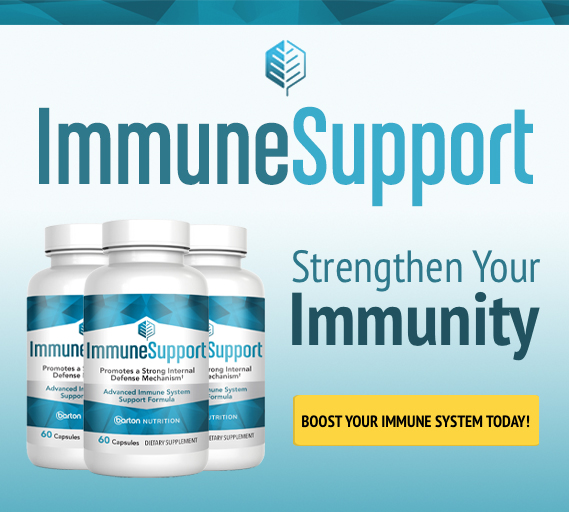To Soy or Not To Soy!
Soy products are big business in the health food industry. Promoted for its appeal as a natural, low fat, no cholesterol food, it’s easy to see why so many of us would buy into the claim that soy is a health food. Besides, if much of Asia enjoys dietary forms of soy on a daily basis then it must be good, right? Not necessarily. There are seemingly advantages and disadvantages associated with soy that may make you think twice about whether or not it’s truly beneficial to your body.
Nutritional Facts and Figures
Soybeans are nutritious. For vegans and vegetarians, soy is an important source of protein, rich in iron, zinc and calcium. Dr. Mercola, a natural health advocate, is largely against adding soy to the diet unless it’s the fermented variety such as Tempeh, Miso and Natto. Fermented soy may offer many health benefits to the body. Unfermented soy contains large amounts of natural toxins, including enzyme inhibitors that block the action of trypsin and other enzymes needed for protein digestion.
“They can produce serious gastric distress, reduced protein digestion and chronic deficiencies in amino acid uptake. In test animals, diets high in trypsin inhibitors cause enlargement and pathological conditions of the pancreas, including cancer,” says Mercola.com
Negative or Positive Results
Research shows that Asian people, who eat large quantities of soy, have lower rates of heart disease, breast cancer and prostate cancer, fewer hip fractures and fewer hot flashes. However, there is little research to prove that soy is the reason why. Where heart disease is concerned, the AHA does at least support soy foods for good heart health if only because they usually replace less healthful choices, like red meat, and because they deliver plenty of polyunsaturated fat, fiber, vitamins, and minerals and are low in saturated fat.
Questionably, the biggest pro to adding soy to the diet is its effect on cholesterol levels. In 1999, the FDA endorsed soy as a means to lower cholesterol. However, according to the American Heart Association’s, eating 50 grams of soy each day lowers LDL only about 3 percent. When you consider that 50 grams of soy protein is more than half the average person’s daily protein requirement, that’s a lot of soy for a relatively insignificant decrease. You would need to drink eight 8-ounce glasses of soy milk a day!
Soy provides isoflavones and essential fatty acids. According to the Health Services Agency of Stanislaus County, CA, these isoflavones are phytoestrogens, weak estrogen-like substances made by plants. “They are similar enough to estrogen that they are able to bind to estrogen receptors, possibly explaining how soy might protect against breast cancer.”
Unfortunately, these same phytoestrogens, in large quantities, may also have a negative impact. The Harvard School of Public Health brings attention to a handful of unsettling reports that suggest that concentrated supplements of soy proteins may actually stimulate the growth of breast cancer cells. “On August 12, 2000, two senior US government scientists, Drs. Daniel Doerge and Daniel Sheehan, announced their belief that soy products could cause breast cancer in women, brain cancer in both genders, and infant birth defects. Their internal protest letter within the FDA cited 28 studies showing the dangers of soy products containing isoflavones.
Possible Risks
When we think of soy, many of us first think of tofu – and the Asians. Also known as textured vegetable protein, tofu is high on Mercola’s list of soy foods to be avoided. Why? It’s commercially made in large metal containers and thus contains high levels of aluminum. It’s also flavored with MSG…yuk! But above all, soy infant formula remains top of the worst soy foods list for Dr. Mercola. “Infants fed soy formula have up to 20,000 times the amount of estrogen circulating in their blood stream than infants who are not fed soy formula!”So…Soy?
To conclude, there is no evidence to show that soy-based foods eaten in moderation as part of a varied diet, are harmful. If you do want to add soy to your diet, to take advantage of the possible cholesterol and cardiovascular benefits, you would be wise to consume soy in moderation and at best only eat fermented forms.
























